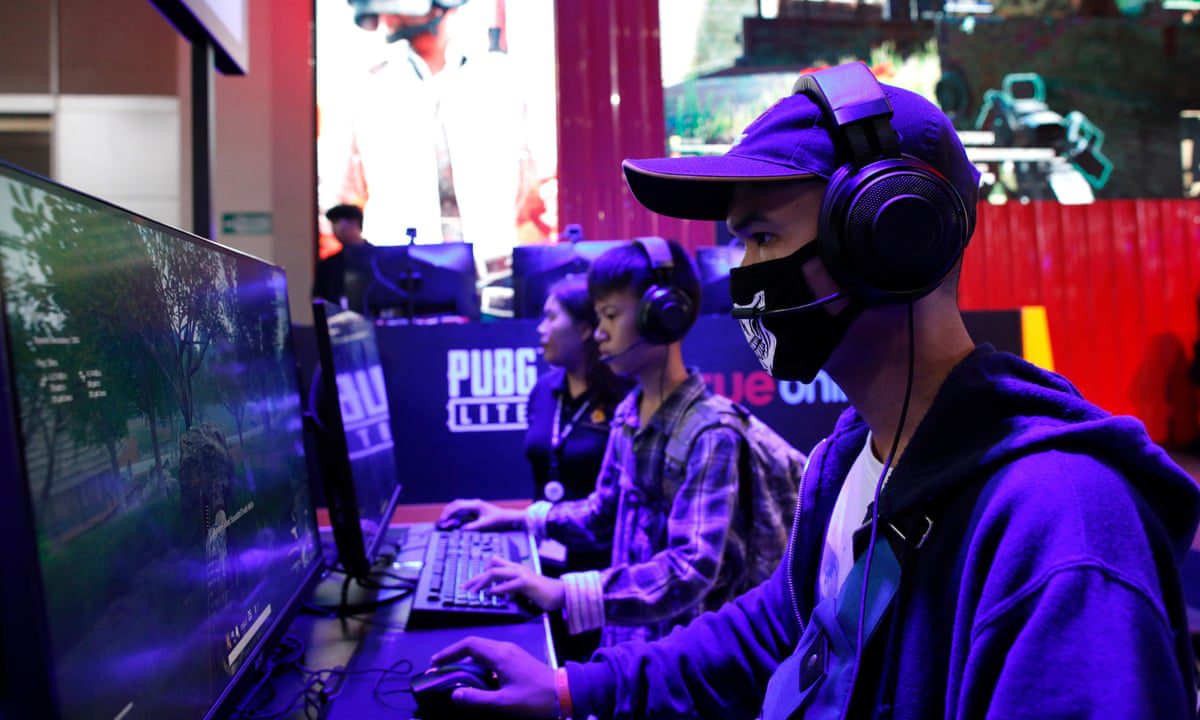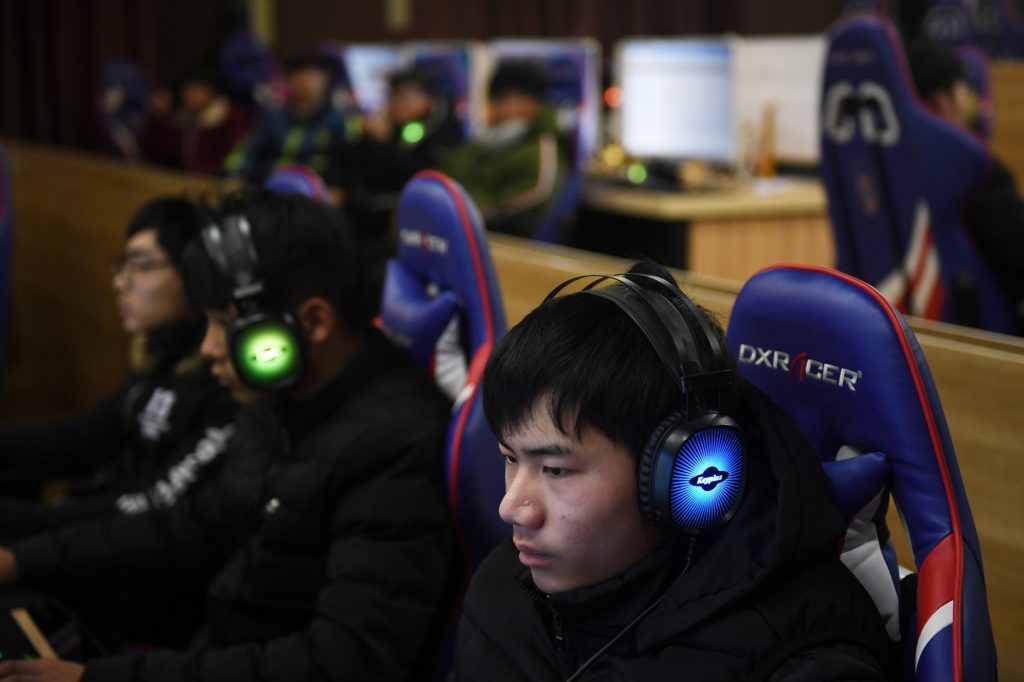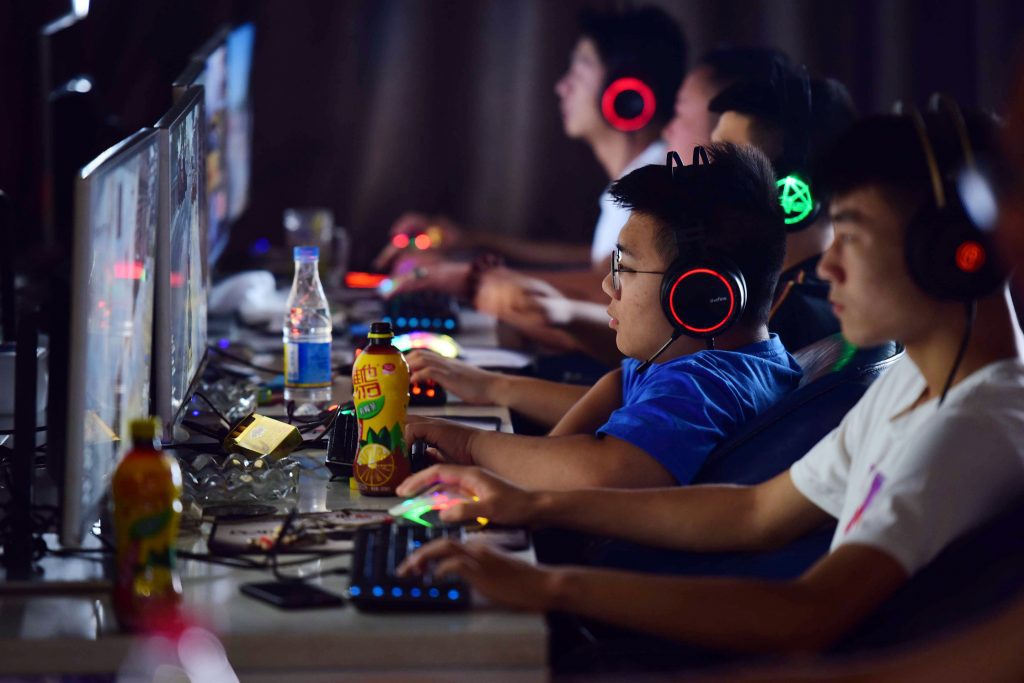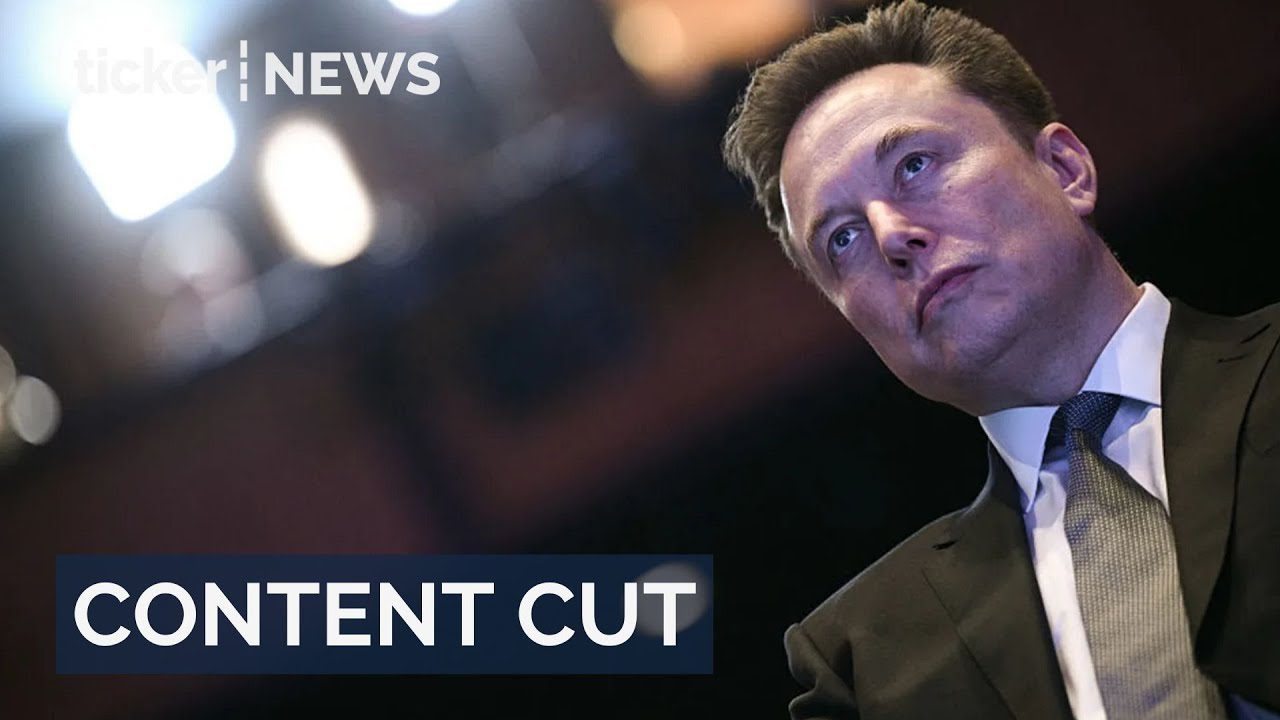Tech
China’s new gaming rules for minors a ‘dark cloud’ for big tech

Tech
AI spending in 2026: Why investment is compounding, not just cyclical
As 2026 begins, AI investment debates rise; real revenue growth signals pivotal changes for tech adoption and future trends.
Tech
TSMC posts record profits on AI chip boom
TSMC posts record Q4 profit, driven by strong chip demand, exceeding predictions and signaling market dominance.
Tech
X restricts Grok AI as global backlash grows
X restricts Grok AI from creating sexualized images amid global backlash and regulatory concerns, aligning with UK guidelines.
-



 Ticker Views1 day ago
Ticker Views1 day agoDOJ to charge Don Lemon under historic KKK Act
-



 Money5 days ago
Money5 days agoCommodities surge as oil volatility and metals hit record highs
-



 Money2 days ago
Money2 days agoMarkets edge higher as 10-year yields hit new highs
-



 News1 day ago
News1 day agoOpenAI prepares first consumer device amid revenue boom
-



 News2 days ago
News2 days agoEU condemns Trump’s Greenland tariff threats: Trade tensions escalate
-



 Politics2 days ago
Politics2 days agoSupreme Court tariffs and Albanese approval drop: What you need to know
-



 News2 days ago
News2 days agoNASA’s Artemis II launch: Argentina joins first crewed moon mission in 50 years
-



 Ticker Views3 days ago
Ticker Views3 days agoWhy traditional flood warnings keep failing








